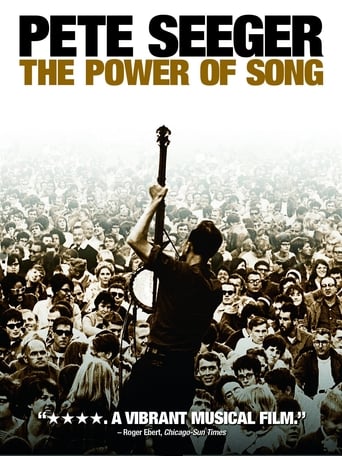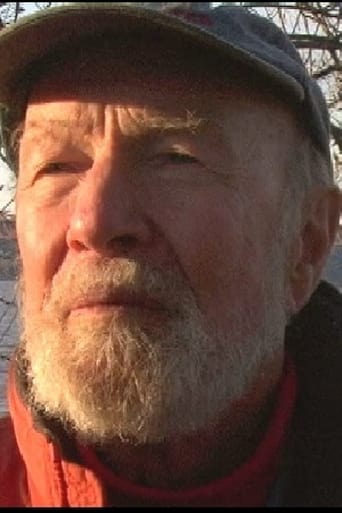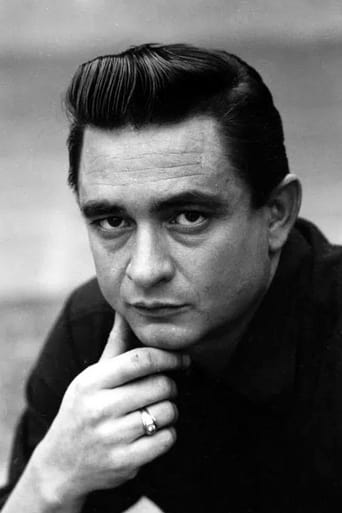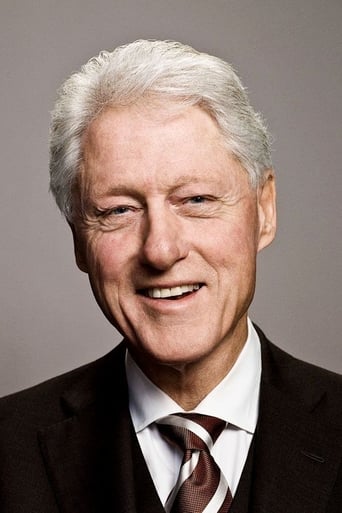Interviews, archival footage and home movies are used to illustrate a social history of folk artists Pete Seeger.


Similar titles

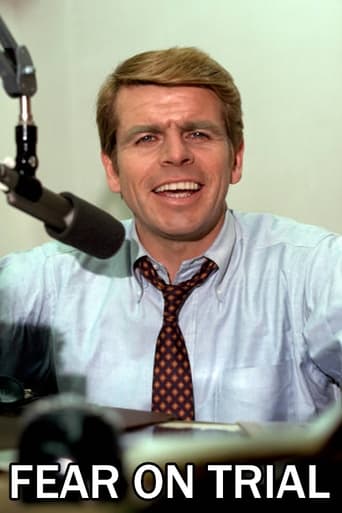
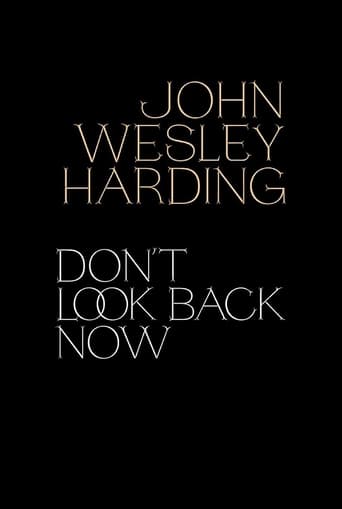


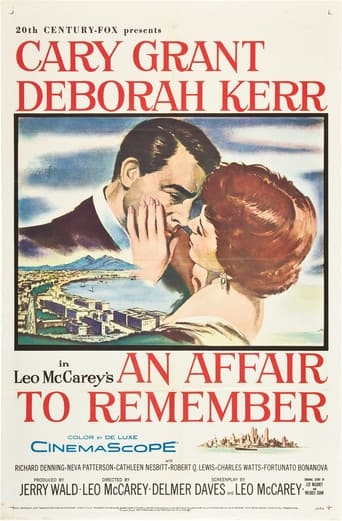

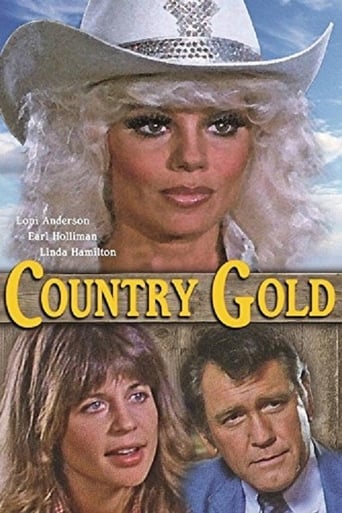
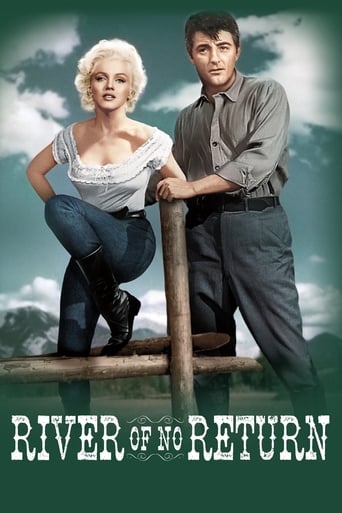
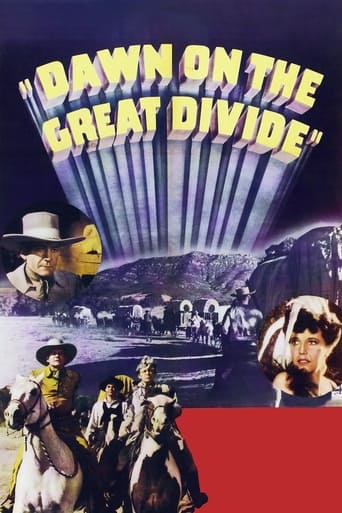
Reviews
Pete Seeger: The Power of Song is a documentary directed by Jim Brown. Pete Seeger was a truly great man. He was an icon of folk singing and activism in the 20th Century and well into the 21st. He never stopped singing, and he never stopped fighting for freedom, democracy, and a better and cleaner world.Any biographic film about Pete Seeger would be interesting, but this documentary is extremely well crafted and truly fascinating.Pete was alive when the film was produced, so director Brown was able to interview him extensively. We also get interviews with Pete's family and his friends. These included Joan Baez, Tom Paxton, and Johnny Cash. Also, we see plenty of archival footage, including Pete testifying before the infamous House Un-American Activities Committee, and Pete accepting the National Medal of Arts at the White House.We watched this film at home on DVD. The copy we own is part of the American Masters series, and contained a CD of Pete performing about two dozen songs.If you love folk music and progressive struggles, this is a must-see movie. If you don't like folk music, but you love progressive struggles, you should still see it. If you don't believe in progressive struggles, the film will make you angry. Pete made plenty of people angry, but he made life better for millions and millions of people. Some of us will never forget him.
The glorious documentary "Pete Seeger: The Power of Song" provides us with a beautiful and inspiring portrait of a man whose life and music helped to define an era. Seeger has always been an artist who viewed music not merely as a form of entertainment but as a vehicle for social change and as a means of bringing people together. And it is this legacy that is captured so movingly in "Pete Seeger: The Power of Song." The movie chronicles Seeger's beginnings as the son of musicians who would travel around the countryside bringing classical music to the rural masses. The movie then goes on to depict Seeger's introduction to folk music by the very people his parents would play for; his becoming an activist for worker and civil rights during the Great Depression; his riding the rails with Woody Guthrie, inspiring people with pro-labor ballads. It then moves on to his time as a soldier during World War II (no reflexive anti-military guy he); his marriage in 1943 to Toshi, a fellow folk singer and the true love of his life; his building his own house in the woods for him and his family to live in; his acceptance, then eventual rejection of Communism as a workable ideology (ironic, considering what was to happen to him soon afterwards). Then we move onto the late 1940s when Seeger hit it big as a member of The Weavers, the first group to truly bring folk music to a mass audience. And we get to see just how quickly one can tumble from the pinnacle of fame, for the band soon fell victim to McCarthy Era hysteria, being suddenly blacklisted - its concerts cancelled and its records destroyed - for what were perceived to be its communist leanings. Seeger himself appeared before the House Un-American Activities Committee in the mid-1950s, where he refused to sign a loyalty oath, resulting in his being blacklisted from TV for the next 17 years (it was the Smothers Brothers who eventually had the courage to buck the establishment and bring him back on).Yet, all during this time, he remained instrumental in creating a folk-music revival that swept the nation and that would provide the soundtrack for much of the social activism that was to flower in the 1960s - activism that came in the form of minority rights, antiwar protests and increased environmental awareness (Seeger spearheaded the drive to clean up the Hudson River). The ultimate irony - and the ultimate tribute to the effectiveness of Seeger's position - comes near the end of the movie, as we see him receiving the coveted Kennedy Center Honor before an audience of tear-stained fans and fellow musicians. Not bad for a man who, just a few decades earlier, had been accused by the American government of being everything from a Commie to a subversive to a traitor, merely for staying true to his conviction that all men and women should be treated with dignity and respect and that they should strive to live in harmony together - and for expressing that sentiment in his music. As Seeger's son says, it only goes to show just how right the man and his causes were all along - and how persistence in the cause of Good, no matter how long the struggle, will always pay off in the end.In addition to priceless archival footage of Seeger performing at various stages in his career, director Jim Brown provides a generous helping of interviews to help round out Seeger's story. The interviewees run the gamut from friends and family members to recognizable artists such as Joan Baez, Bob Dylan, Bruce Springsteen, Natalie Maines, Arlo Guthrie, Peter Yarrow, Mary Travers and Bonnie Raitt - musicians and songwriters who owe so much to Seeger for their own artistry and success. And, best of all, Seeger himself, now a frail man in his 80s but still endowed with a tremendous passion and hope for the world, is given the chance to relate the story of his life in his own words.And, of course, always there is the music, providing a stirring backdrop to the man's life - songs he either wrote or sang (or both) like "If I Had a Hammer," "Goodnight Irene," "Turn, Turn, Turn," "Guantanamera," "Where Have All the Flowers Gone?," "We Shall Overcome," each and every one of them a classic and a standard.While watching this film, I couldn't help but be struck by the eerie parallels between that earlier period and our own. In an era in which people are once again being demonized as "Marxists," "Socialists," and "Communists" by loudmouthed, know-nothing demagogues, Seeger's story and the stances he took couldn't be more timely or relevant. It's more than a bit depressing to realize that issues and struggles that many of us believed to have been long resolved and long settled have once again reared their ugly heads. It's a reminder, sorely needed apparently, that the fight for social justice never truly ends, and that it takes all of us working together to bring about that world of equality and human advancement that we should all be striving towards every single day of our lives. And, more than anything, that's been the message of Seeger's life and music for nigh unto three-quarters of a century now.I honestly cannot imagine a more uplifting and inspiring movie than "Pete Seeger: The Power of Song."
Just watched this on "American Masters" and all I've got to say is: What a great documentary on a great man! What a chronicle of Seeger's journey in music and activism from playing and riding with Woody Guthrie to going overseas to getting married to singing first with the Almanacs and then The Weavers to getting blacklisted for his views on the public stage and network television to getting invited on the Smothers Brothers show and being allowed to sing the anti-war song "Waist Deep in the Big Muddy" to having annual concerts on saving the Hudson River from pollution to getting various awards late in his life (like the presidential medal from Bill Clinton and the Kennedy Center Honors) to just enjoying life, this is one of the most life-affirming and enjoyable music documentaries I've ever seen. As another one of his songs goes, "To everything turn, turn, turn"...indeed!
Although not yet scheduled for general release, "Pete Seeger: The Power of Song" is a must-see for anyone who has ever heard Pete Seeger sing or admired him for his work to clean up the Hudson River or loved/hated him for his opposition to the Vietnam War and his efforts to promote integration. More than anyone else, Pete Seeger was responsible for the folk revival of the 1960's, as is attested in interviews with Joan Baez, Bob Dylan, Tom Paxton, Arlo Guthrie and other leading figures of the time. The film, much of it archival material from various stages in Pete's career, is filled with song and also provides a rounded portrait of Seeger's life, including the long years when he was blacklisted for his political views and his refusal to yield to the demands of the House Un-American Activities Committee that he take a loyalty oath. Seeger acknowledges that he was a card-carrying Communist until "around 1948," though he insists that his views are and were solidly rooted in American values. The songs which Seeger wrote (like "Turn, Turn, Turn...to Everything there is a Season" and "Where are All the Flowers Gone") or made famous (like "We Shall Overcome") are heard in clips from the time, and there are many scenes with Seeger still vigorous in his mid-80s at the home he built with his own hands decades earlier. His wife, Toshi, his children, his siblings appear in person and there are numerous clips featuring Woody Guthrie, Leadbelly, Peter, Paul and Mary, and the young Joan Baez as well as Pete himself as a member first of the Almanac Singers and later of the Weavers. The "lost years" when Pete was blacklisted and eked out a living by touring college campuses, teaching a generation of musicians to play the banjo and singing to school children are also covered in detail. The hour-and-a-half this documentary is on screen flies by quickly and -- for those old enough to remember -- is a nostalgic walk through the life and career of the man whom many consider to be the premier folksinger of the age.
